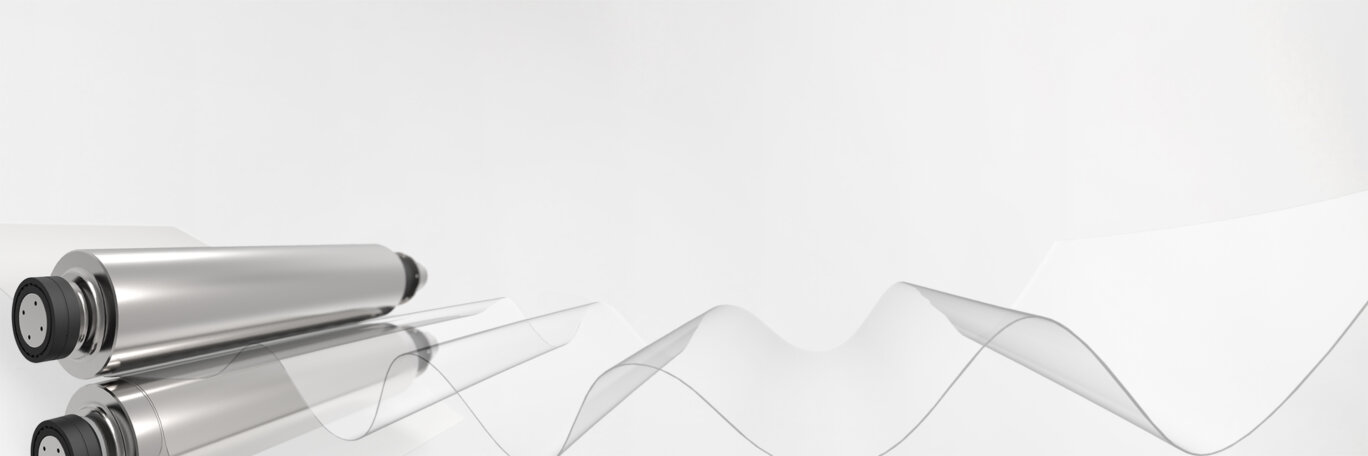The material must compost in a natural environment and without external influences at a temperature below 30 degrees within 180 days.

Fully composted to CO2 and H2O within 42 days

Repaq Cellulose is the only plastic-free, printed film packaging in Europe which is proven to be 100% biologically recyclable. The raw material for Repaq comes from residual and waste wood from FSC-certified forestry. Only GMO-free, fast growing plants are used.
Repaq cellulose is certified by TÜV as "home and garden compostable". This is currently the highest environmental standard for film packaging worldwide. Repaq composts completely pollutant-free and is safe for the environment, animals and humans.
Fully composted to CO2 and H2O within a maximum of 180 days
We are committed to developing only sustainable packaging. Our range can be divided into two standards:
Our solution for the natural-biological cycle.
All materials consist of natural, renewable raw materials.
They bear the DIN seal "home and garden compostable".
This standard includes the following certificates:
Our solution for the industrial-biological cycle.
All materials consist of natural, renewable raw materials.
They meet the EN 13432 standard.
This standard includes the following certificates:
We only use natural, renewable raw materials that are certified by the TÜV as "home and garden compostable". We make sure that all our suppliers are certified in the best possible way. Our cellulose and paper are PEFC and FSC certified and free of genetically modified organisms.
All this enables us to comply with the highest standards worldwide:
The basis of the European framework conditions are specified by DIN Certco and TÜV Austria. Our inspections are carried out exclusively by accredited institutes.
The material must compost in a natural environment and without external influences at a temperature below 30 degrees within 180 days.
The material must compost in an artificially created environment at a temperature between 30 and 65 degrees within 180 days.
Why composting is the only real cycle and why recycling is a downward spiral.
. Conclusion: Good for sustainable applications.
Works infinitely often, provides natural fertilizer for plants, is harmless for humans, animals and the environment.
. Conclusion: Good for already existing plastic.
The quality is constantly decreasing. In the end, the material is incinerated and has to be disposed of as hazardous waste.